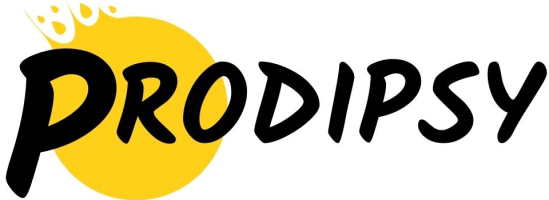Effective team management is a cornerstone of organizational success, fostering collaboration, innovation, and a harmonious work environment. Navigating the dynamics of a team requires a combination of leadership skills, clear communication, and the ability to inspire and motivate individuals toward common goals. In this article, we’ll explore key strategies and best practices for managing a team with efficiency and effectiveness. Just as businesses utilize online platforms for streamlined operations, online gaming platforms like National Casino exemplify the integration of technology into various aspects of our lives. The National Casino login, for instance, symbolizes the seamless access to a world of entertainment and gaming experiences.
- Establish Clear Objectives and Expectations:
The foundation of successful team management lies in clarity. Clearly defined objectives and expectations provide a roadmap for the team, aligning individual efforts with organizational goals. When team members understand their roles and responsibilities, it fosters a sense of purpose and direction. Regularly communicate the overarching vision, specific project goals, and individual expectations to ensure everyone is on the same page. - Effective Communication is Key:
Communication is the lifeblood of any successful team. Foster an open and transparent communication culture where team members feel comfortable expressing ideas, concerns, and feedback. Regular team meetings, one-on-one check-ins, and the use of collaborative communication tools can help ensure that information flows freely within the team. Active listening is equally crucial—leaders must be receptive to the perspectives of team members to build trust and understanding. - Cultivate a Positive Team Culture:
A positive team culture is the backbone of a motivated and engaged workforce. Encourage collaboration, celebrate achievements, and create a supportive environment where team members feel valued. Recognize individual contributions and promote a culture that embraces diversity and inclusivity. A positive team culture not only enhances job satisfaction but also contributes to higher levels of productivity and innovation. - Delegate Wisely:
Delegation is a critical skill in team management. Empower team members by assigning tasks that align with their strengths and expertise. Effective delegation not only ensures that work is distributed evenly but also promotes skill development and a sense of ownership among team members. Trusting your team to handle responsibilities instills confidence and contributes to a more efficient and capable workforce. - Foster Team Development:
Invest in the continuous development of your team. Provide opportunities for skill enhancement, training, and professional growth. Team-building activities, workshops, and mentorship programs can strengthen interpersonal relationships and improve collaboration. A team that grows together is better equipped to face challenges and adapt to changing circumstances. - Harnessing Digital Platforms for Team Coordination:
In the modern era, digital platforms play a crucial role in team management, offering efficient tools for communication and collaboration. While distinct from professional team management, these digital platforms showcase the adaptability and user-friendly nature of online interfaces, providing inspiration for leaders to leverage technology in facilitating smooth team coordination and communication, especially in remote or hybrid work environments. As teams embrace digital solutions, the National Casino login serves as a reminder of the importance of intuitive interfaces and secure access in enhancing both professional and leisure experiences in the digital realm. - Manage Conflict Constructively:
Conflict is a natural part of any team dynamic, and effective team management involves addressing conflicts promptly and constructively. Encourage open dialogue to resolve differences and ensure that conflicts do not escalate. Mediation, conflict resolution training, and creating a culture of respect and understanding can help transform conflicts into opportunities for learning and improvement. - Celebrate Achievements and Learn from Failures:
Acknowledge and celebrate both small and significant achievements. Recognizing accomplishments boosts morale and motivates the team to strive for excellence. Similarly, view setbacks as learning opportunities. Conduct post-project reviews to analyze successes and challenges, allowing the team to learn and grow collectively. A culture that embraces continuous improvement fosters resilience and adaptability.
Effective team management is a multifaceted skill that requires a combination of leadership, communication, and interpersonal abilities. By establishing clear objectives, fostering effective communication, cultivating a positive team culture, delegating wisely, promoting team development, managing conflict constructively, and celebrating both successes and failures, leaders can create a dynamic and high-performing team. The art of team management lies in recognizing the unique strengths of each team member and leveraging those strengths to propel the team toward shared goals, creating a workplace that thrives on collaboration and innovation.
